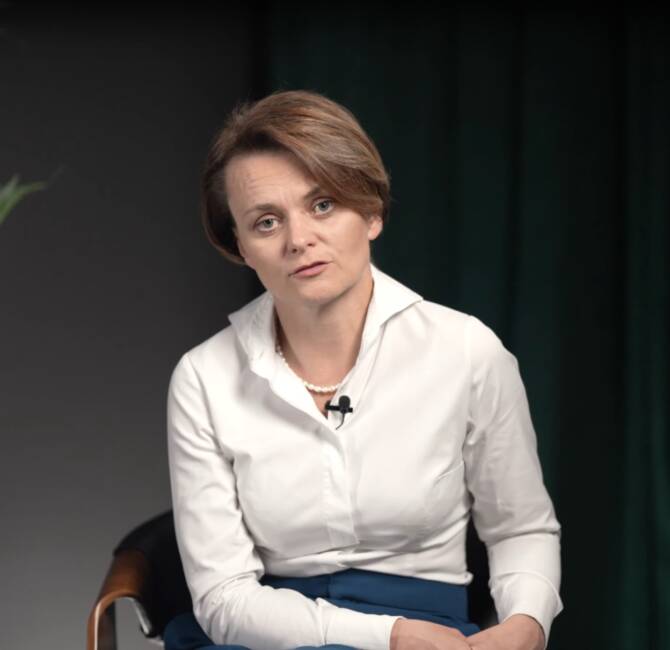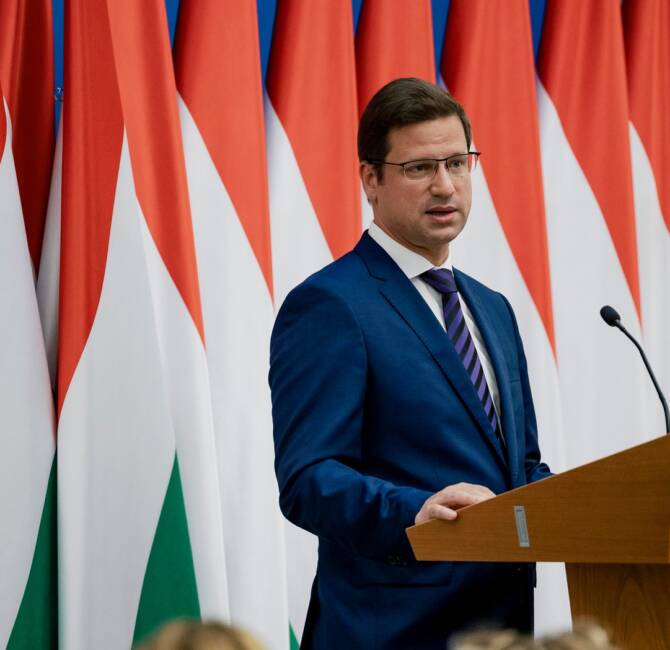Poland – While the German-Russian Nord Stream 2 pipeline project is facing new administrative complications that could delay its full commissioning, the Baltic Pipe, considered by the EU as “essential to the integration of European energy networks” as it will carry Norwegian gas from the North Sea to Poland, is still well on track.
Completion of the project’s most important stage
In a press release published on Thursday, the Polish state-owned gas transmission operator Gaz-System announced the completion of the 275-km subsea section of the new pipeline, which will have an annual capacity of 10 billion cubic metres:
“On 18 November of this year, the last weld of the gas pipeline connecting the coasts of Denmark and Poland was completed […] This marks the completion of the most important phase of work on the Baltic Pipe project.
The press release quoted the Polish economy vice-minister in charge of strategic energy infrastructure, Piotr Naimski, as saying:
“This day brings us significantly closer [to] the desired secure diversity of [energy] supply sources for Poland in 2022.”
A big step towards energy diversity
Mr. Naimski also recalled, as quoted by Money.pl, that “the commissioning of the Baltic Pipe [scheduled for 1 October 2022], which is a positive solution to the issue of gas supply for the Polish economy, including the Polish energy sector, is
part of a broader strategy that will lead to Poland having various possibilities to produce electricity in 20 to 30 years’ time.”
Gaz-System CEO Tomasz Stępień explained that some technical and acceptance tests were still needed: “We have about a year to conduct these tests, so that we can start the commercial transfer of gas from Norway to Poland on 1 October 2022.”
The completion of this pipeline project in the coming year will allow Poland to stop being dependent on Russian gas deliveries. This remains an important strategic issue, as the conflict with Minsk has recently shown.




